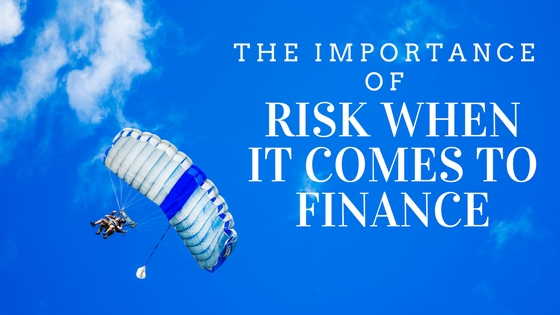1. Your Service or Product Must Be Unique
Businesspersons are often advised to outline what makes them stand out. However, it is not necessary to find an exclusive approach to achieve corporate success. A subtle change may improve the entire experience.
2. Customers Are Always Right
Do you need to make the customers happy? Yes. However, if your main goal is to please people, you may end up in a world of unnecessary suffering. It’s best to pay attention to the things that bring you a long-term profit, not the things that take your energy and time.
3. Do Not Start a Business With Your Friend
Many people think it’s a bad idea to start an enterprise with a friend, but that’s not true—friends whose expertise supplements each other may build a thriving business. Establishing a company may be straining to the relationship; however, the benefits of operating with a person you trust may be worth it.
4. Promote Your Business on Facebook
Companies have acknowledged that paid advertising is the only path to increase your Facebook image, which is still one of the world’s best social platforms. However, it is not always the top place to use up your advertising budget. There are other more effective means to reach your audience for a much lower price per lead, for instance, on platforms like Pinterest.
5. Concentrate on Your Site Instead of Building the Brand
It is important to have a brand that reverberates with ideal customers. However, investing all energy and time in the “perfect” site is not how to make it.
6. Never Reject an Opportunity
It is tempting to “do it all” and take all opportunities that cross your path at the beginning of your business. Saying “yes” to all opportunities in your corporate encounters will stifle your time and dilute your brand.
7. Gather as Much Cash as Possible
Each business needs cash to start and grow; however, not all businesses must seek that through financiers. While funding may help some companies grow significantly, other lifestyle corporations are at an advantage without it.
Finally, despite all the advice that entrepreneurs receive, they should filter what is right for their business.






